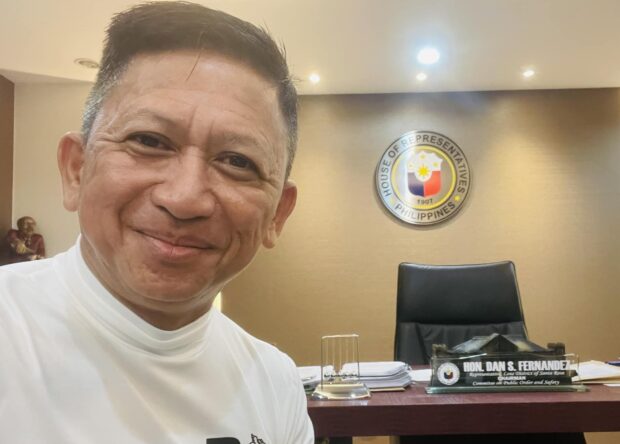
PHOTO FROM RAYMOND FORTUN/FACEBOOK
MANILA, Philippines–Lawyer Raymond Fortun has asked the Supreme Court to consider the use of video recordings from mobile phones, dashcams, and closed-circuit television (CCTV) footage obtained from anonymous sources as evidence in the commission of crimes.
Fortun has vowed to pursue justice against a cyclist who was physically assaulted and threatened with a gun by dismissed cop Wilfredo Gonzales.
The public’s attention was captured after the video went viral. Fortun said the uploader of the video also received threats of being subjected to a court case.
Aside from the case of Gonzales, Fortun said he received another road rage video last September 5 where an individual pulled and cocked a Cal. .45 pistol at a taxi driver.
READ: Driver in Valenzuela road rage video identified, faces raps
Fortun said the netizen captured the incident through a dashcam, but he was instructed not to reveal his identity out of fear for his life.
“I am certain that Your Honors recognize the importance of these video footages to establish the commission of criminal offenses, aid law enforcement officers in the apprehension of the perpetrators and the subsequent filing of criminal charges based on probable cause,” Fortun said in his letter addressed to Chief Justice Alexander Gesmundo. The letter was received by the Supreme Court last Friday.
Fortun said “in the absence of eyewitness testimony to be rendered in open court and the proper authentication of the video by its creator, it is my humble submission that our valiant prosecutors would find it difficult to establish proof beyond reasonable doubt leading to a conviction.”
“It is in this light, in the higher interest of substantial justice and the protection of the citizenry, and in view of the potential for current technology to aid in crime prevention, that the undersigned ask the High Tribunal to consider the passage of a new Rule of Procedure or, in the alternative, an amendment/s of our current Rules on Electronic Evidence so that our courts would favorably consider the appreciation and admission of video recordings coming from mobile phones, dashcams, and CCTV footages obtained from anonymous sources,” he said.
Currently, under the Rules on Electronic Evidence, for audio, pictures, and videos to be admitted as evidence, it has to be identified, explained, or authenticated by the person who made the recording or by some other person competent to testify on its accuracy.
Fortun cited the case of Singapore where its law enforcement agencies have a website where ordinary citizens may provide information, including uploading photographs and video recordings to aid ongoing investigations or uncover unreported crimes, while remaining anonymous, and any information given as to his or her identity will be kept strictly confidential.
“I am, regrettably, unaware of how the Singaporean courts will appreciate the weight and sufficiency of the evidence secured by the police in these instances,” he added.
RELATED STORIES:
Biker in fear for his life after clash with gun-toting retired cop – Fortun
Raps filed vs 3 QC traffic investigators for ‘failure’ to protect cyclist in road rage case